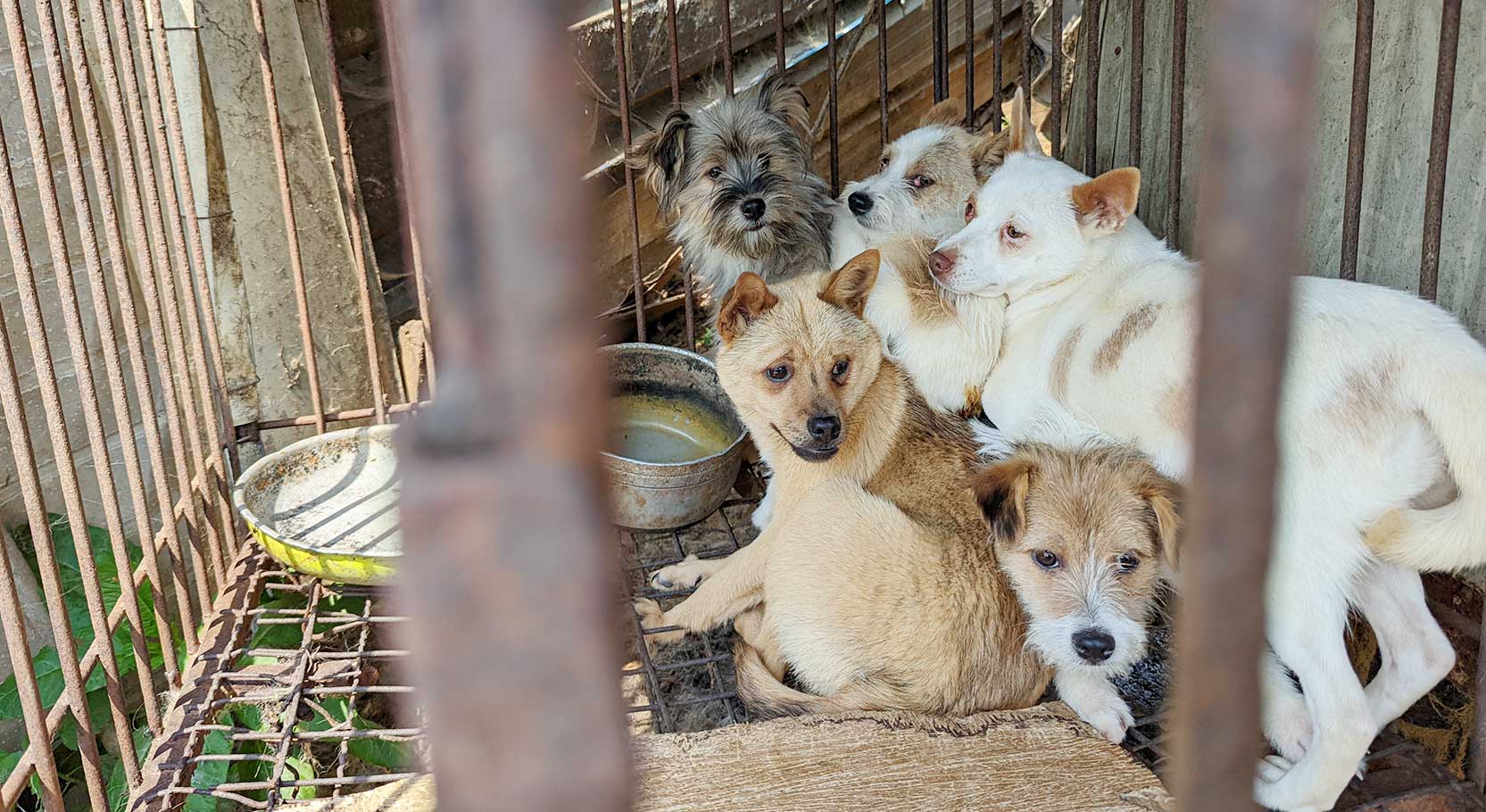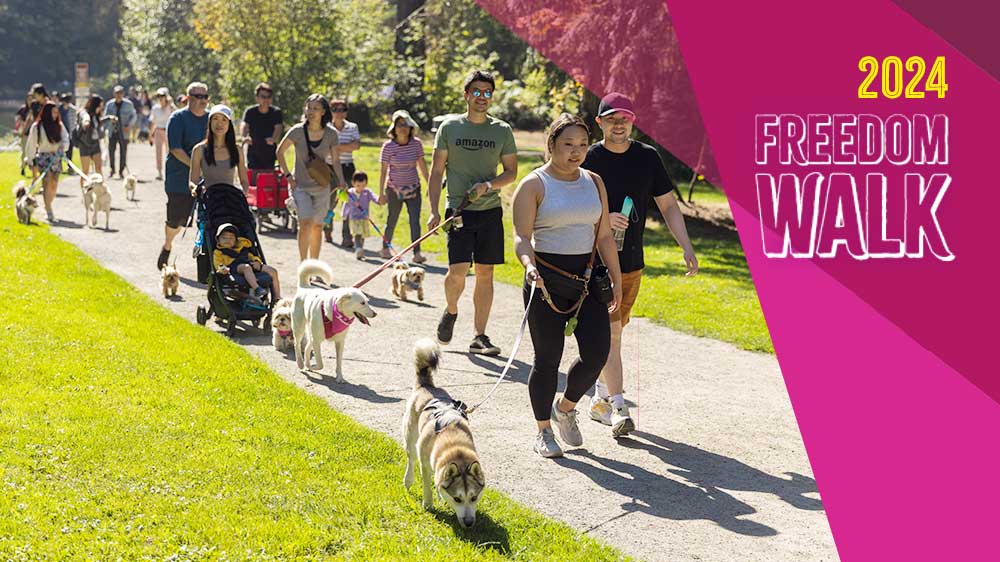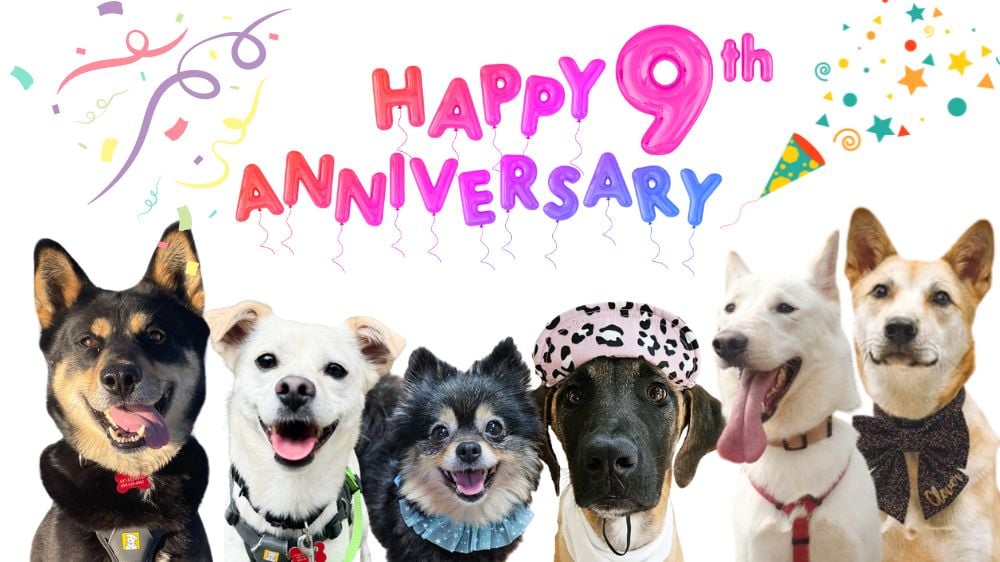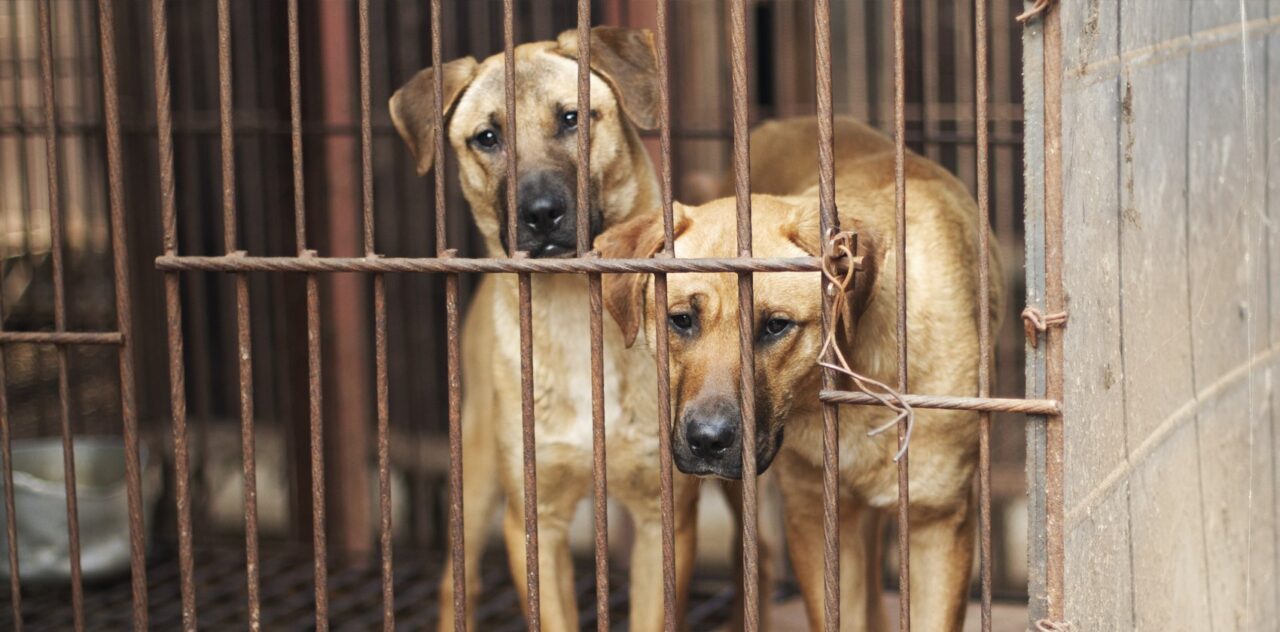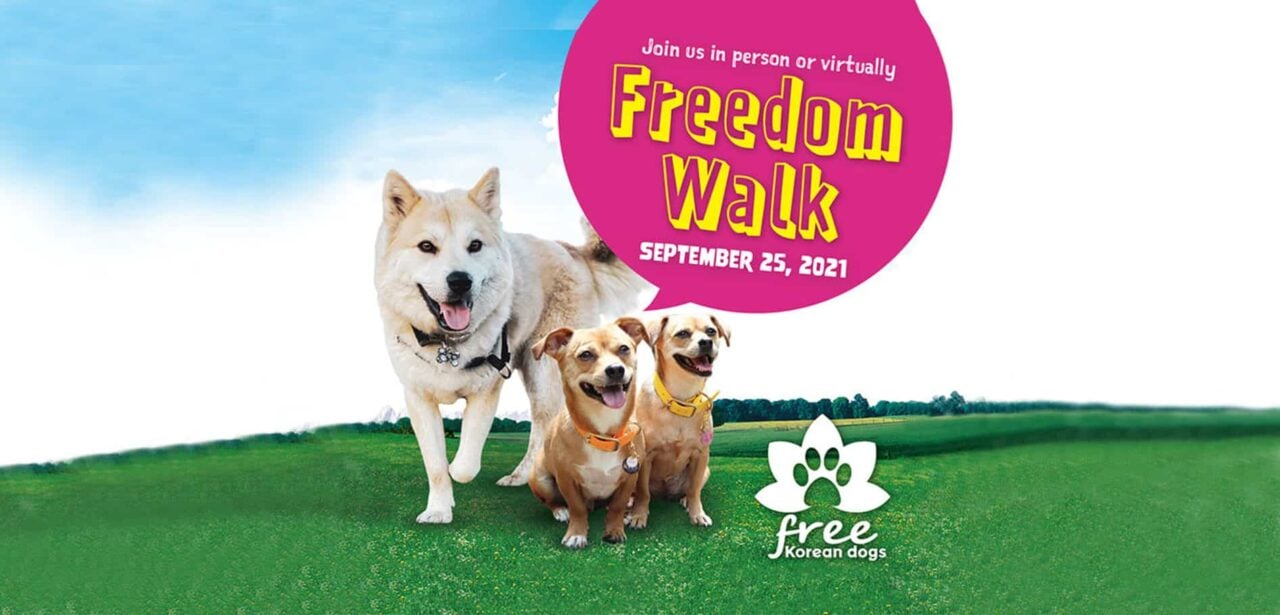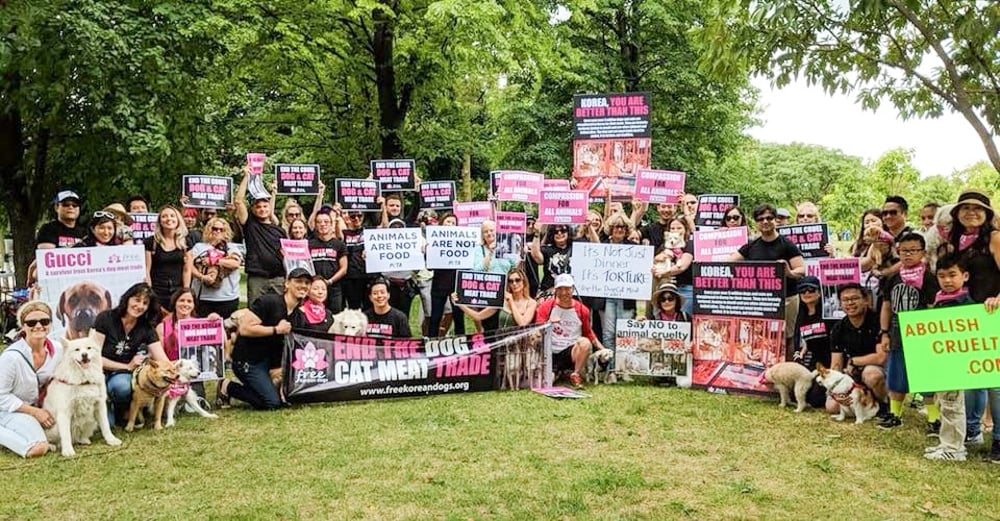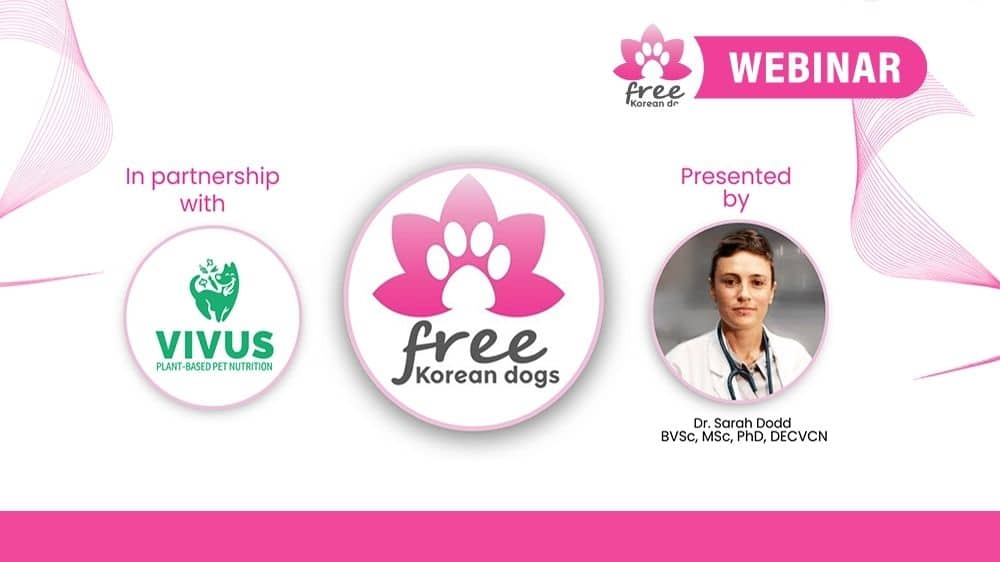As Dog Lovers, We Can Do Better
Many in our community find us because of one common denominator – a love of dogs. But the deeper we dive into the world of animal rescue, the more we see what is below the tip of the iceberg of happy success stories. Then, the bright, sunny stories reveal a much darker past of abuse or abandonment. And as individuals who care, it hurts.
As dog lovers, the truth hurts. We see posts of perfectly healthy dogs facing euthanasia simply because the shelter is overburdened. Or the story of an owner no longer able to manage their dog but is unable to find placement with an overwhelmed rescue, so they abandon them tied outside a high-traffic area hoping a good samaritan will take them in. Or the story of the dog who was given away for free and ended up in a dog fighting ring. These stories make any dog lover overcome with feelings of sadness, anger, discouragement, and resentment.
The Role (and Limitations) of Rescues
But wait. Isn’t a rescue’s role just that? To support homeless dogs? To physically and emotionally rehabilitate at-risk dogs and help them reintegrate into society as family pets? To intake dogs and ensure they go to responsible homes rather than being used as bait dogs?
The truth of the matter is, rescues exist out of an overwhelming demand and moral calling to help marginalized animals. Rescues also receive the shortest end of the stick, if they even get a slice of the pie (or in this reference, the stick). Between the costs of vetting, food, training, and transportation (among other expenses), all the while being ineligible for public funding, responsible rescues run at a deficit.
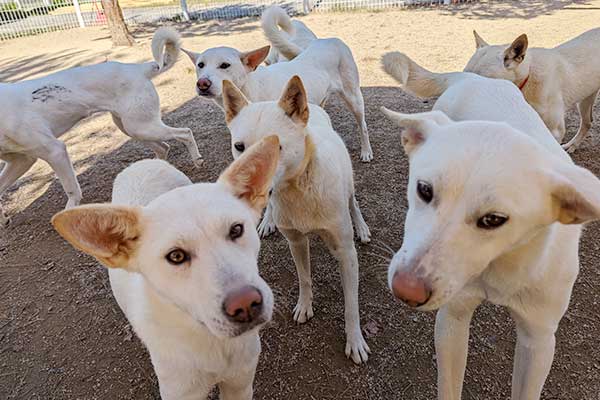
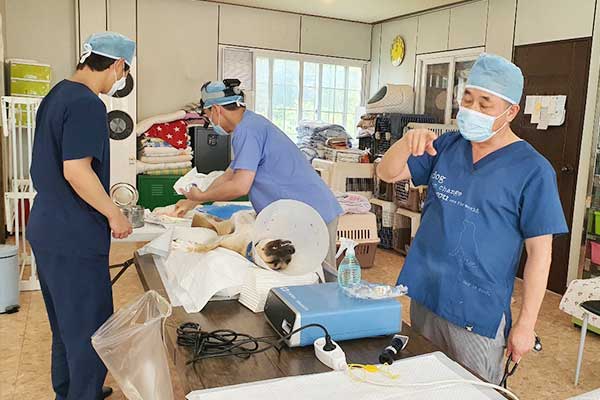
Rescue is 24/7. Between reviewing intakes, arranging medical treatments, facilitating adoption processes, liaising with fosters, and responding to general inquiries, among a myriad of other administrative and financial responsibilities, the lights are always on whether we like it or not. Because there are little to no profit to be made, responsible rescues either run on a volunteer-based team or by individuals willing to accept nominal compensation for a substantial workload that is both time and emotionally consuming.
The Role of Dog Lovers
If we had unlimited funding, we could save a million dogs. However, although this would be an incredible feat, we would still be caught in a never-ending cycle of rescue work if there is no real solution to the problem. Without tackling the issues at the source, we are simply playing a continuous game of “whack a mole”, putting out fires here while another starts up there. So how do we stop the fire?
As Dog Lovers, We Should Practice What We Preach
One of the most common complaints we hear about is how time-consuming and multi-faceted the application process can be. A responsible rescue takes time to know their applicants and their dogs to ensure a good fit. Of course, this is never a guarantee as temperament and behaviors are a direct result of environment and management. But it does ensure adopters are starting off on the best foot possible. As such, the process takes a considerable amount of time, review, and discussion. It is not the intention of a rescue to make the process discouraging and vexing but to prioritize the best interest of the dog, and unfortunately, this due diligence process is a fundamental step in achieving that goal.
In a world where the majority of our needs and wants can be easily sourced, we have become accustomed to a world of instant gratification. People *need* dogs, and they *need* them now. Their “need” becomes so urgent they pursue the quickest, most “hassle-free” source. Unfortunately, many end up purchasing dogs where medical and behavioral issues are not fully disclosed or assessed, or supporting irresponsible/backyard breeders and puppy mills. Being blindsided and unprepared to tackle these challenges often leads to surrender.
As Dog Lovers, We Should Not Turn a Blind Eye
Speaking of puppy mills and backyard breeders, their business model is to produce as many dogs as possible for the least cost, which means sacrificing proper personal, medical, and socialization care at great lengths. A common justification is rationalizing the fact that “the dog is already here, and it needs a home, so why not save it from its horrible fate?”. The issue with this reasoning is that by purchasing a dog, one is fundamentally contributing to the root problem.
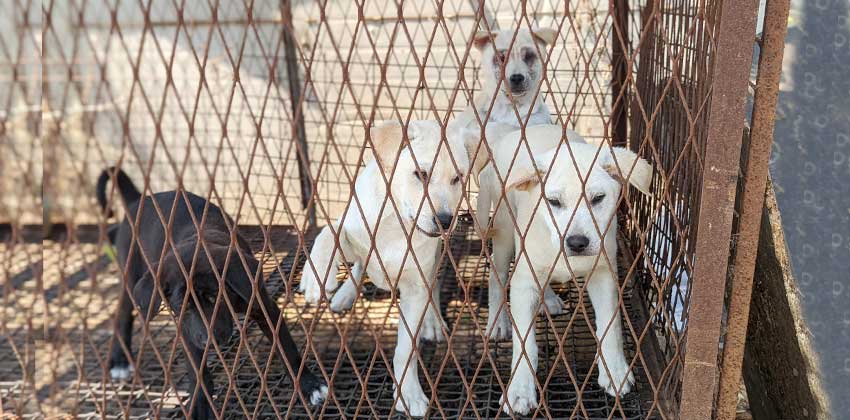
In fact, negligent breeders, be they backyard breeders or puppy mills, end up being great contributors to overwhelming the shelter system. The primary objective of these individuals is to turn a quick profit, and when there is more supply than demand, the dogs become a liability to feed and house. As such, the simple solution is to get rid of them quickly. Once demand starts up again, so does the abusive cycle of breeding and its contributions to overpopulation.
As Dog Lovers, We Should Educate Ourselves
Instant gratification is just that – instant. But when behavior and medical issues begin to surface, and the financial and emotional stresses start to build up, the gratification quickly wears off. When dogs end up in homes that are not equipped to deal with their issues, it means it is not a good fit. And when it is not a good fit, it is no longer a forever home. In the end, it is the dog who suffers the consequences when being abandoned, surrendered, or ultimately euthanized.
A responsible rescue does not simply move dogs from the shelter to a forever home. They take the time and care to know their dogs and applicants to ensure a good fit. This unfortunately means many applicants may get rejected in the process. A rescue should not simply choose the first person who steps forward to offer a home, and an adopter should not openly accept one who acts so willingly. If negative outcomes become common patterns from a rescue and their adopters, they may not be pursuing the right fit.
Adopting a rescue may not be for everyone, but a registered breeder does not always equate to a responsible one. Responsible breeders breed for quality, not quantity, which is why they often have lengthy wait lists. Their mission is to preserve and improve the breed, which is achieved through rigorous health, temperament tests, and selective mating. Knowing the breed means knowing their needs, and with that, ensuring their future homes are equipped to handle them. Responsible breeders ensure their dogs never end up homeless and will welcome them back with open arms. In the end, an irresponsibly bred puppy is no different from a rescue puppy. The only difference is that the latter needed a home, while the former took that opportunity. For every bred dog, whether responsibly or not, another is left homeless.
As Dog Lovers, We Should Be Honest with Ourselves
It’s easy to fall in love at first sight with a dog. It’s even easier to fall in love with an idea of one when we see viral videos on social media that capture our hearts. But behind every good dog is an owner who worked really hard to help them become the best versions of themselves.
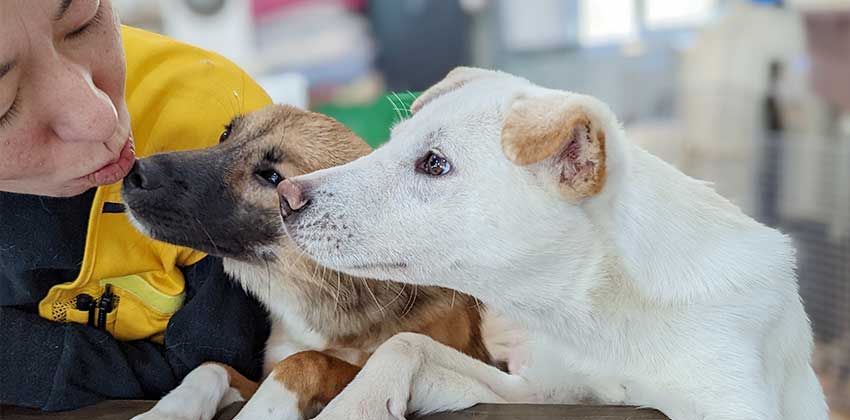
Many people pursue specific dog breeds based on stereotypical assumptions of what they see on TV or social media. What many overlook is the fact the goofy, family-oriented golden retriever is a working dog at heart who has a lot of physical exercise needs, or the mental stimulation needed to satisfy the ever so clever border collie, or the leadership needed to guide the majestic yet stubborn husky or Shiba Inu.
Behind every surrendered dog is an owner who failed to do their research, overestimated their ability to handle the dog, lacked proper financial planning, or didn’t consider all possibilities for the future.
As Dog Lovers, We Should Be Advocates
How do we ensure we are being a part of the solution, and not the fundamental problem? In addition to all we have discussed, we need to do our part in preventing overpopulation through spay and neutering. We need to stop supporting those who do not properly support dogs. We need to support organizations fighting against the root problems. We need to be responsible pet owners. We need to adopt, not shop.
Dogs don’t ask to be born nor do they get to choose their fates. As dog lovers, it is our role to advocate for them and be their voice. As dog lovers, we need to do better. As dog lovers, we can do better.
Subscribe for Updates
Get our dogs in your inbox once a month, along with our latest news and events. We never send spam, and you can opt out at any time.
